Are You Doing All You Can to Prolong the Life of Your Water Heater?
Is your water heater reaching the end of its lifespan? According to The Spruce, an expert home design advice platform, water heaters that are properly maintained and cared for usually last anywhere from eight to 12 years. Keep reading to learn what you can do yourself and when to call in a professional plumber for water heater maintenance.
Are You Flushing the Tank Regularly?
Over time, mineral deposits from hard water can coat the inside of your water heater, acting as an insulator that reduces heating efficiency. Signs include a rumbling or knocking noise during heating cycles, increasing energy bills, and needing more hot water recovery time between uses. Flushing your water heater tank once a year removes built-up sediment that can lead to corrosion and failure, according to our experts. To flush, turn off the power and water supply, attach a hose to the drain valve at the bottom of the tank, open the valve, and let the water flow until it runs clear. Be sure to carefully monitor the draining and refilling to prevent damage. If you've never done this before, a professional can show you the proper method.
When Did You Last Inspect the Anode Rod?
Inside your water heater is an anode rod that attracts corrosion instead of allowing it to damage the inner tank. Per our experts, this rod must be inspected every three to four years and replaced by experts if severely worn down. Attempting to remove and replace an anode rod when you've never done it risks damaging the tank threads. Consider having a plumber handle this inspection and replacement to protect your investment.
Have You Noticed Any New Leaks?
Catching small leaks early makes a difference in whether repairs are affordable or if you need a whole new water heater. Per the advice of our experts, a visual inspection is needed every six months for signs of leaks at pipe fittings, valves, and along the outer tank. If detected early, resealing or re-tightening connections may resolve minor leaks. However, leaks from corrosion mean the tank itself is compromised and professional repair or replacement is needed.
Do You Hear Strange Noises?
Clanging, creaking, or rumbling noises can indicate serious problems. Sediment buildup and loose parts can create a racket signaling future breakdown or unsafe combustion. Have a water heater technician inspect at the first sign of odd noises coming from the unit rather than waiting until failure occurs at an inconvenient time.
Have You Updated the Insulation Jacketing?
Outdated or missing water heater insulation results in energy loss. Per our experts, inexpensive pre-cut jackets slip easily over the tank to boost efficiency by 5% to 10%, paying for themselves in energy savings within months. For new jacketing, custom fitting, and sealing for your water heater unit, hire a professional.
When Did a Professional Last Inspect It?
Even with diligent DIY care, water heaters require professional, consistent maintenance work. A qualified technician will conduct a comprehensive inspection, checking sediment buildup needing flushing, anode rod condition, leaks, temperature and pressure, combustion safety, and energy efficiency. Based on findings, they may recommend flushing, anode replacement, leak repair, adjusting settings, or even full replacement if a problem that cannot be fixed is present. Don't wait for total failure before calling for a tune-up. Schedule periodic professional inspections to identify issues early.
When Should You Consider Replacement?
If your water heater is still experiencing chronic problems despite repairs, replacing the entire unit may be your best option financially. New models are far more energy efficient, paying for themselves within a few years through utility savings. And you'll gain peace of mind knowing issues won't leave you without hot water. Consult with a professional to weigh repair vs replacement costs for your situation.
You can keep your water heater running optimally with some simple self-care and regular maintenance from a crew of expert contractors. Follow these tips and contact a qualified plumber whenever issues exceed your DIY abilities. Invest in preventative care and you'll be rewarded with reliable hot water delivery for years to come. If you need help maintaining water heaters, our team is here to help. Call AM PM Plumbing and let us help you maximize the lifespan of your unit.
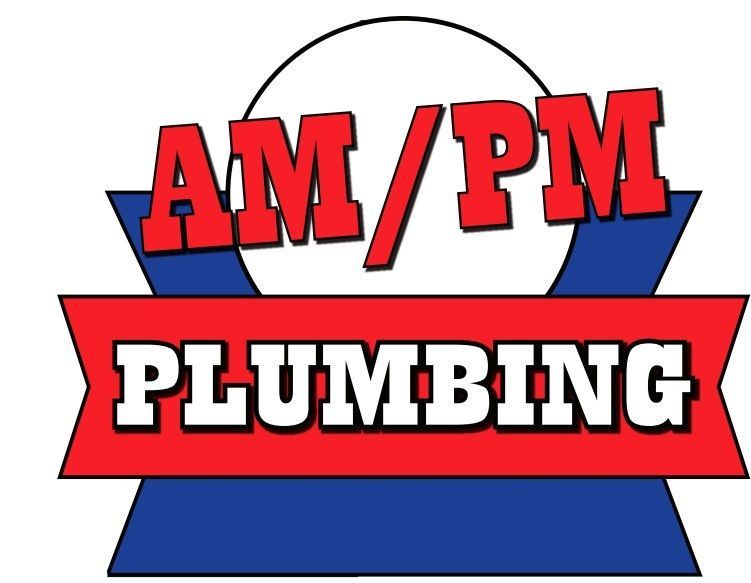
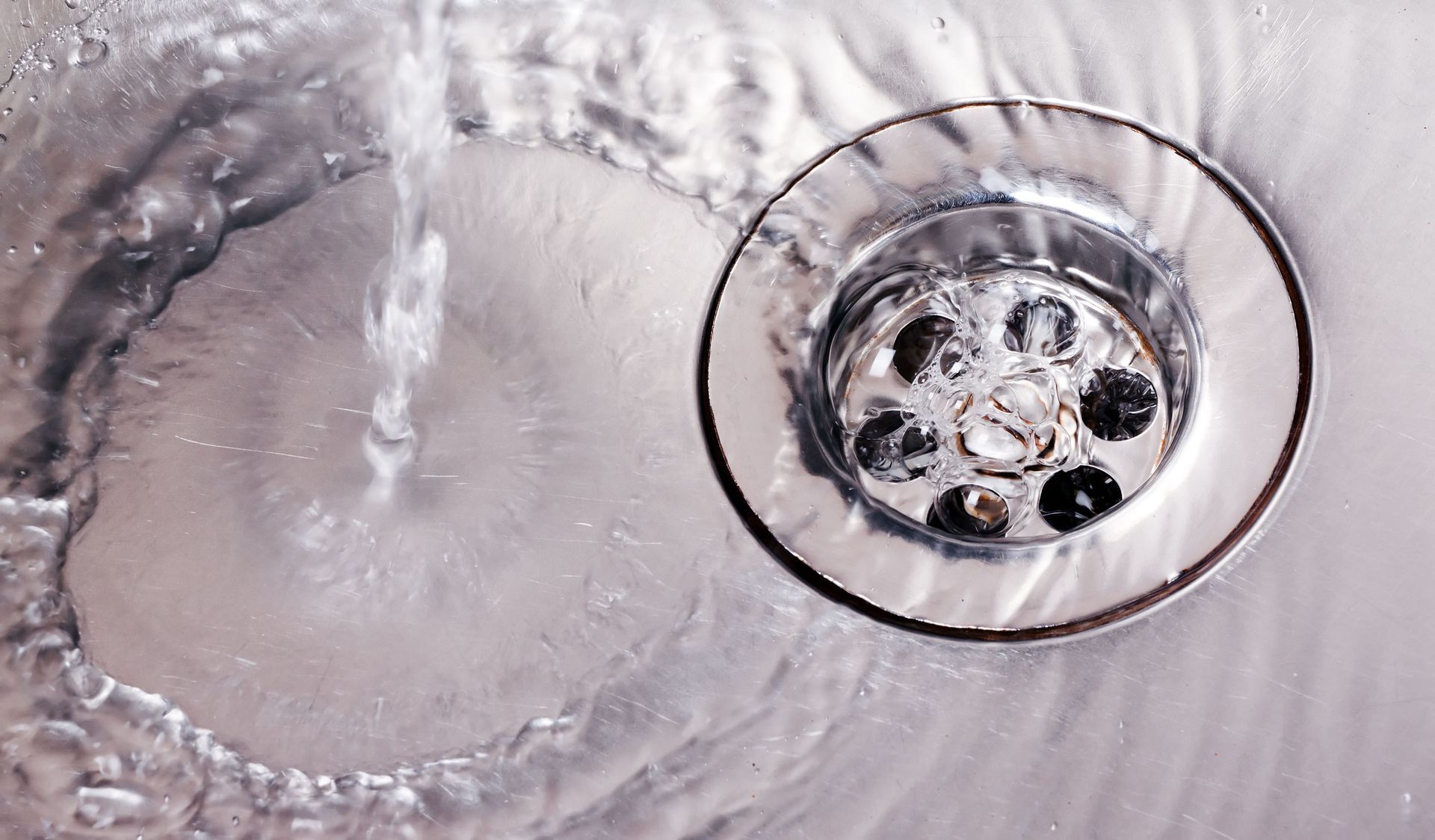

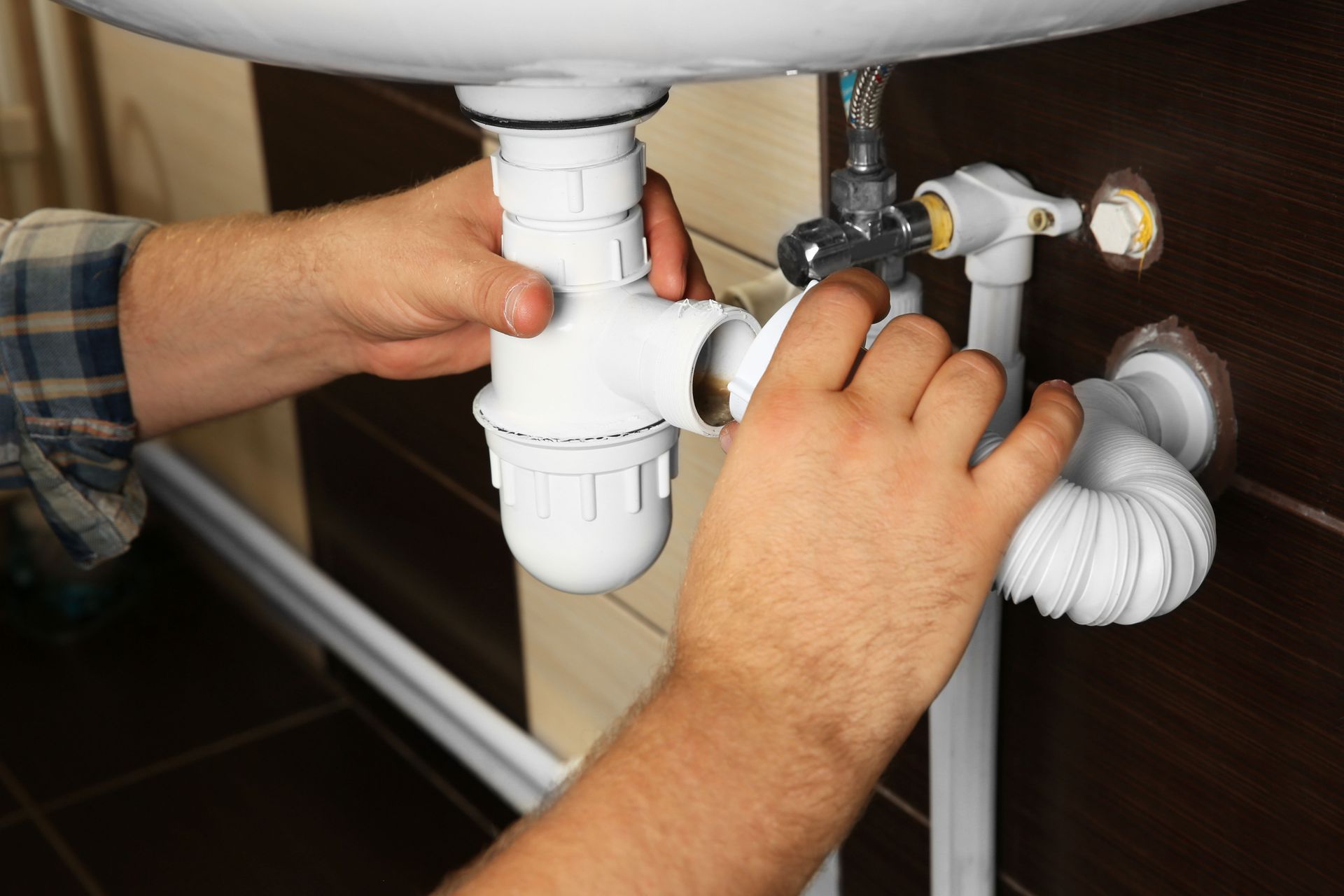

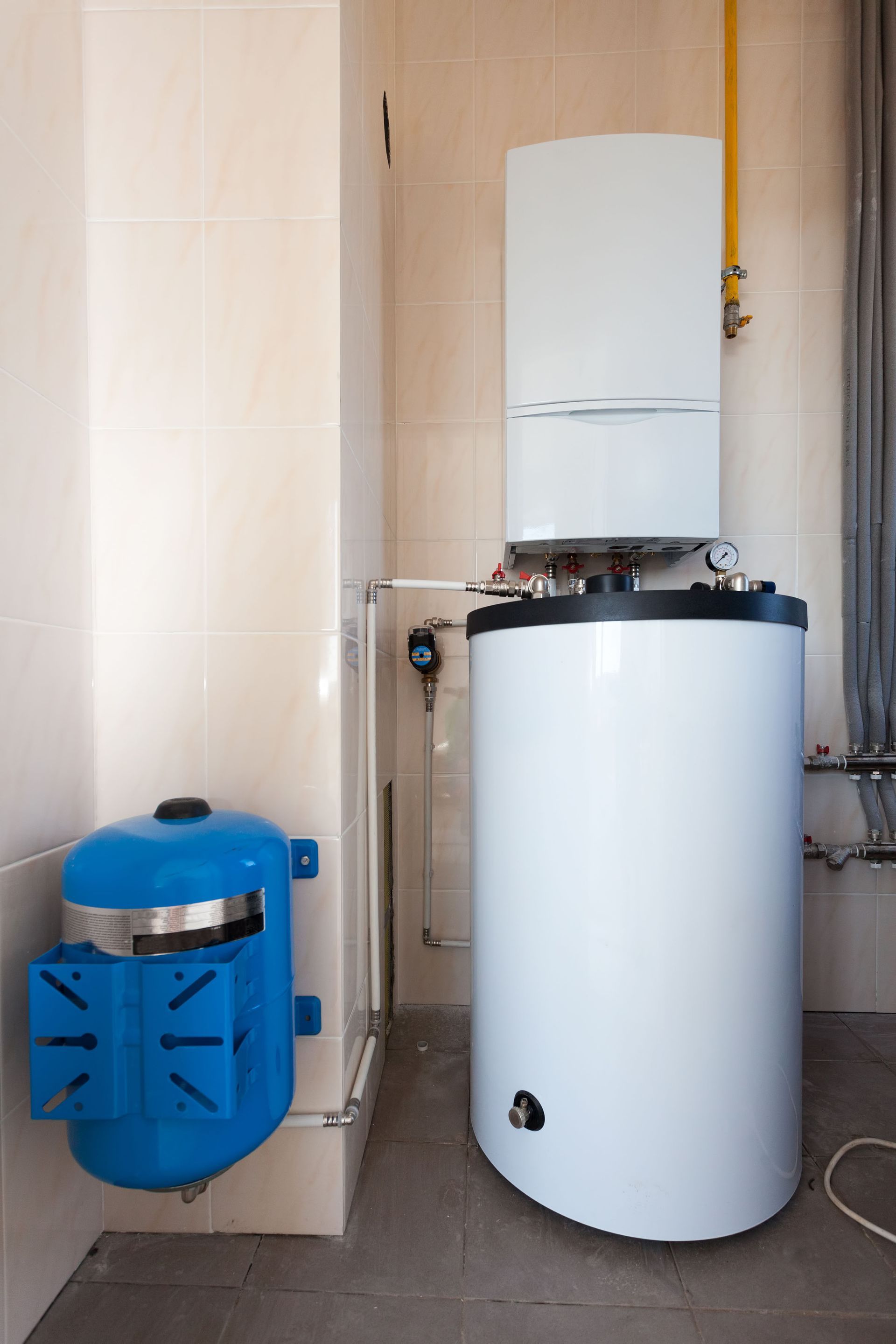
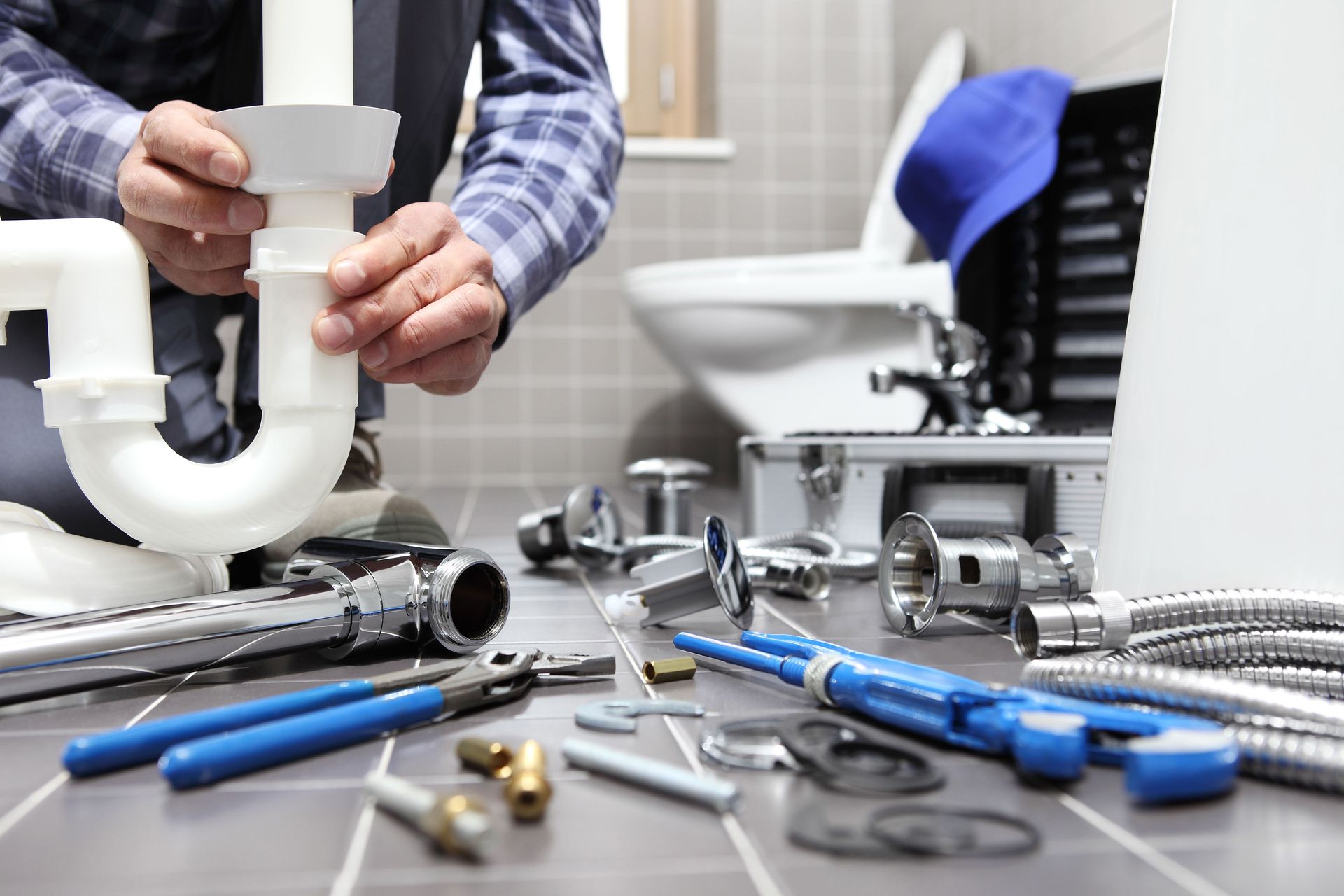

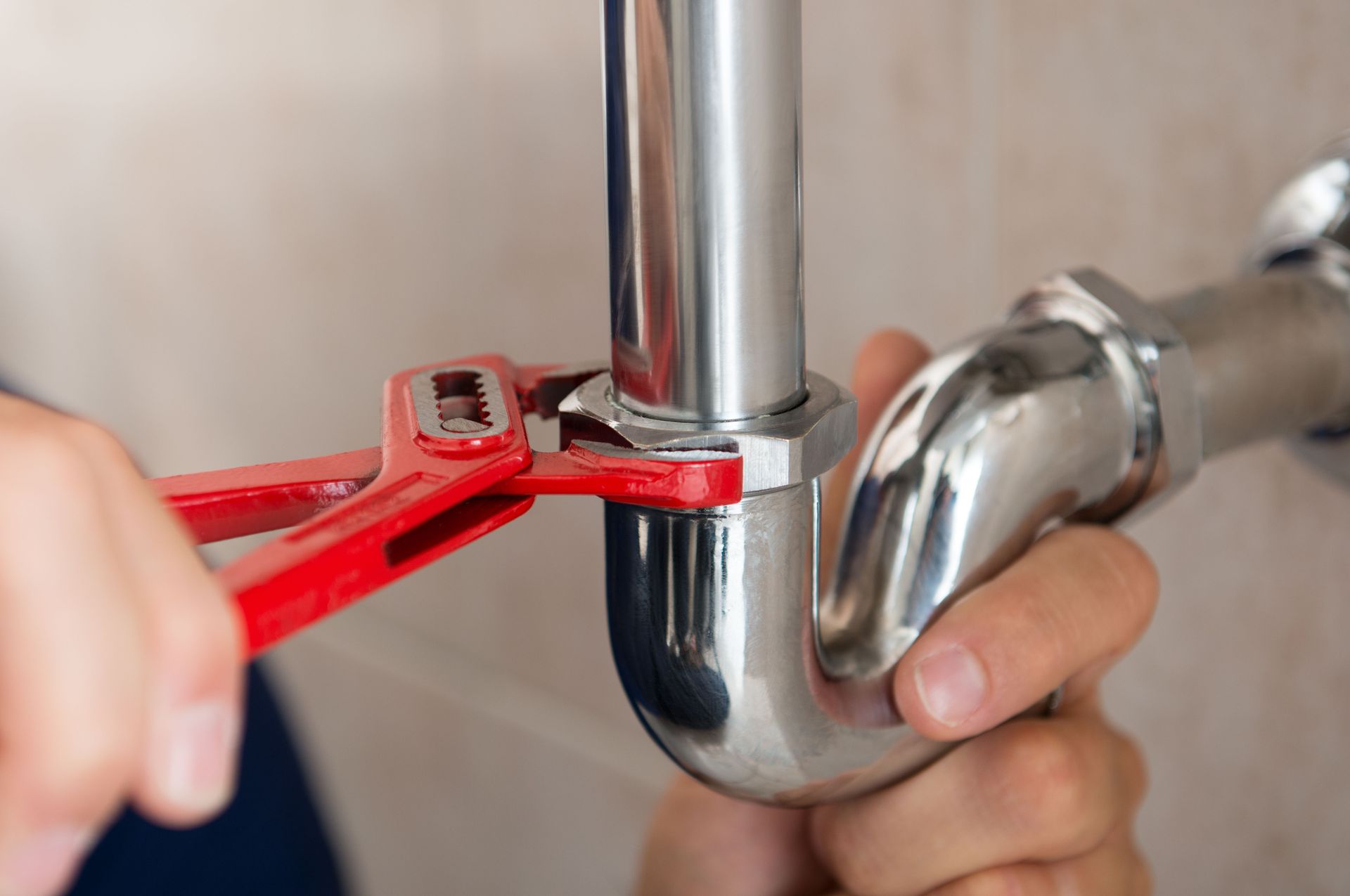
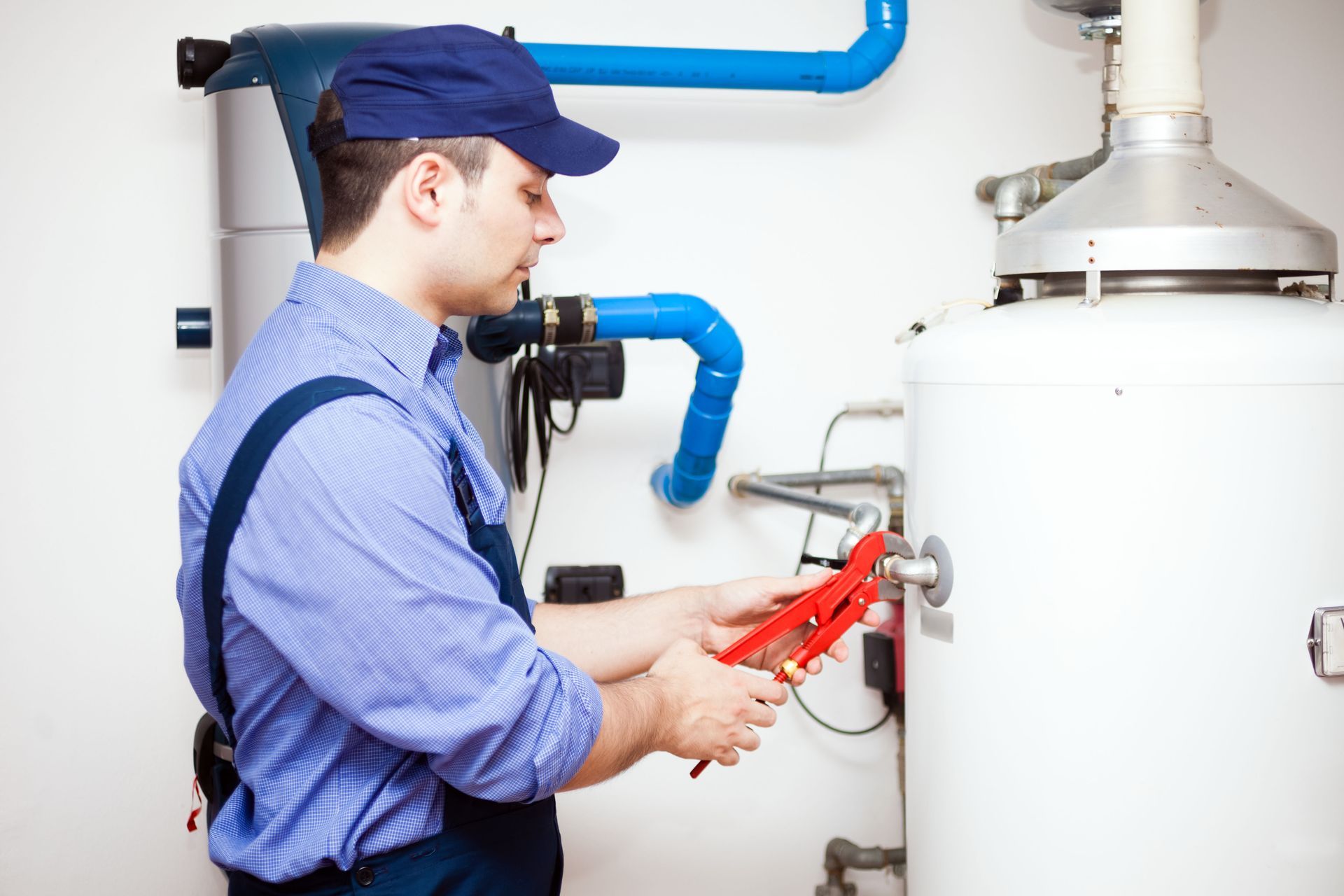
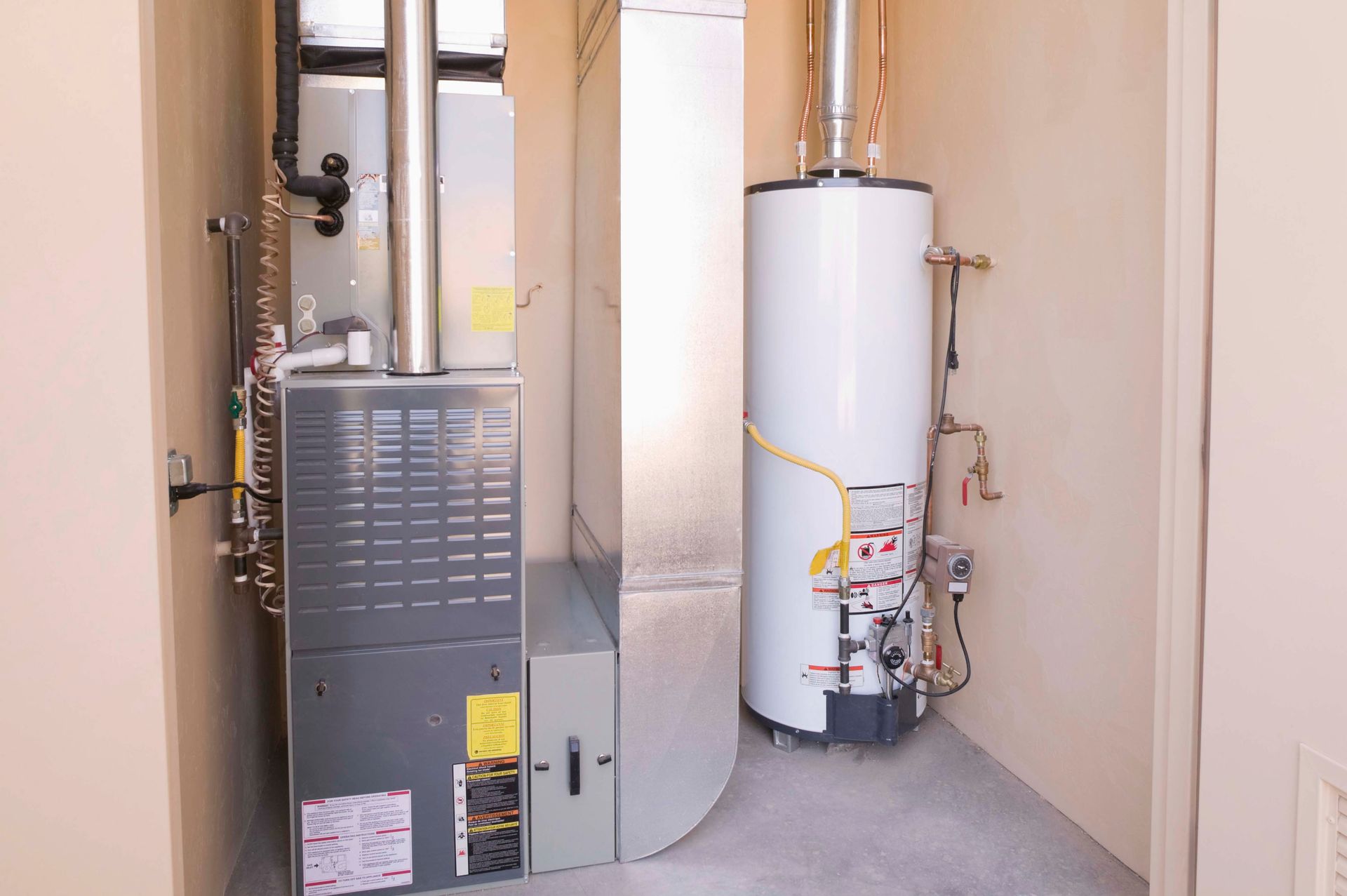

Share On: